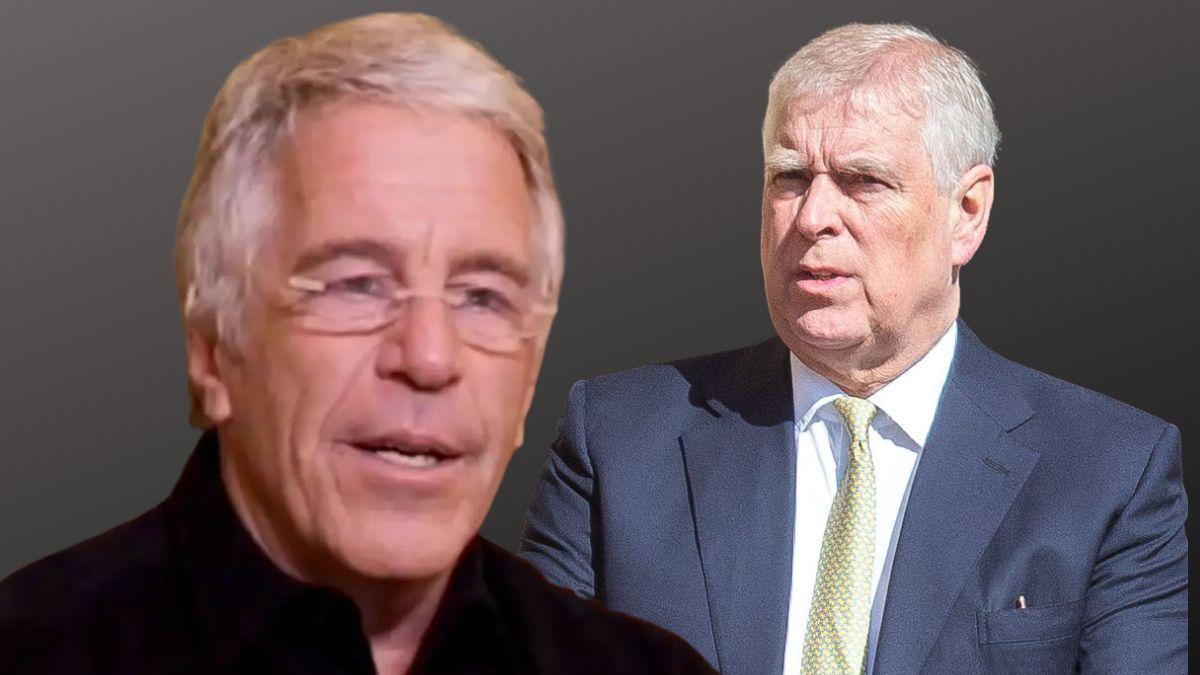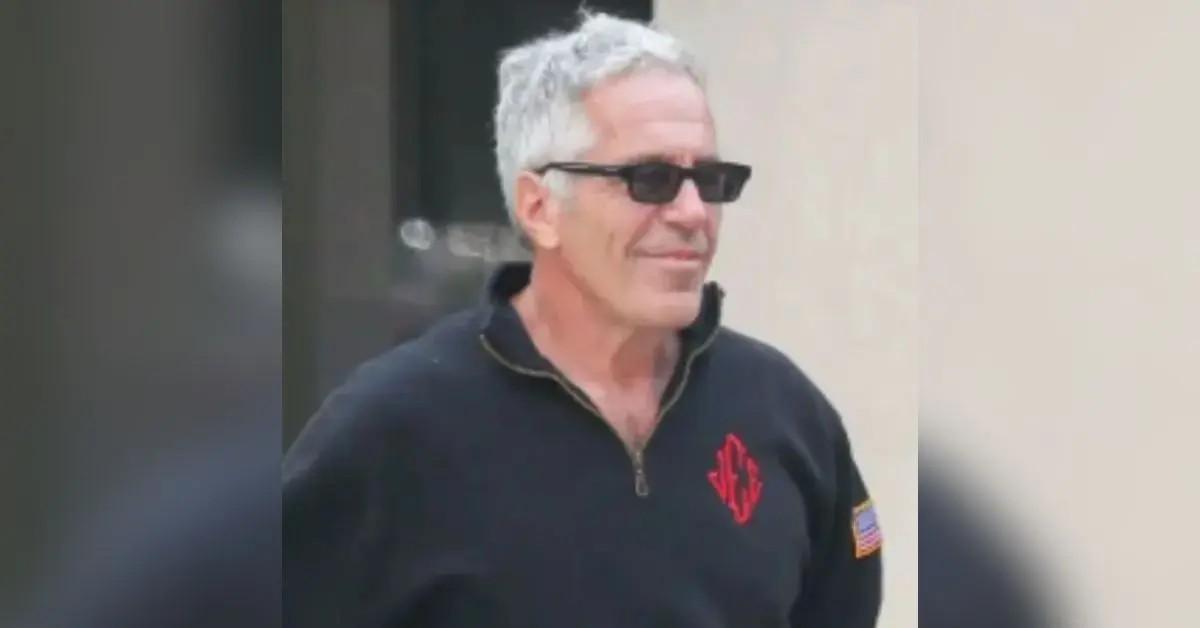EXCLUSIVE: Inside L.A.P.D.'s Secret Robert Redford File — With Dossiers Probing Sex Life, Boozing and Business Deals
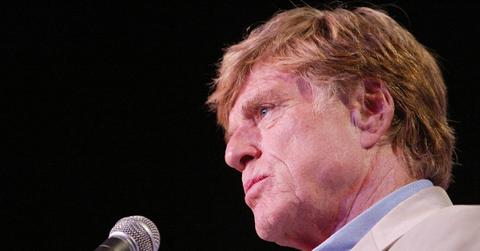
Robert Redford was among a glittering roll call of Hollywood names secretly spied on by a covert Los Angeles Police Department.
Sept. 17 2025, Published 7:51 p.m. ET
Robert Redford, whose death aged 89 leaves a huge hole in Hollywood, was among a glittering roll call of Hollywood names secretly spied on by a covert Los Angeles Police Department unit that built dossiers on the private lives of celebrities, politicians and athletes, RadarOnline.com can reveal.
The actor, director and environmental activist – famed for Butch Cassidy and the Sundance Kid, The Sting and All the President’s Men – was one of dozens targeted by the LAPD's Organized Crime Intelligence Division, known as OCID, which operated for decades under Chief Daryl Gates.
Inside The Files
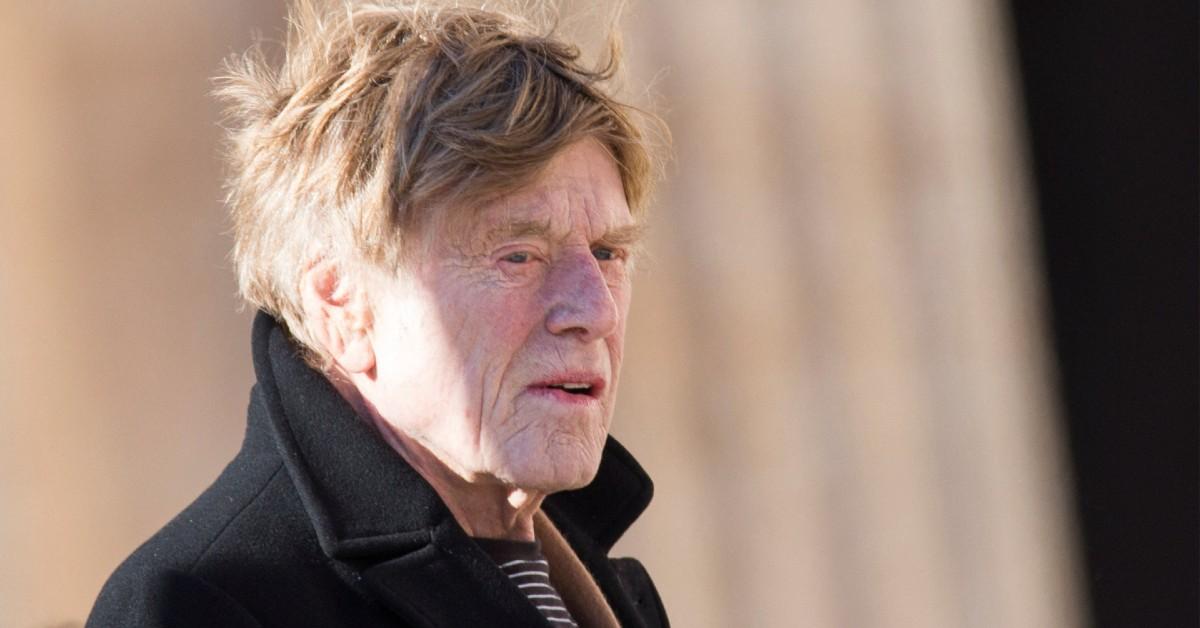
Redford's own file 'reflected the paranoia of the era.'
Files on stars ranged from Robert Redford and Barbra Streisand to Michael Jackson, Frank Sinatra, Tony Curtis and Connie Chung, as well as public figures including presidential hopeful Jerry Brown and heavyweight champion Muhammad Ali.
Former detective Mike Rothmiller, who worked inside the unit and later wrote the book L.A. Secret Police, said: "We were ordered to dig into every aspect of a famous person's life. Their sex, their drinking, their business deals – it all went into the file, whether it was relevant or not."
Redford's own file, Rothmiller said, reflected the paranoia of the era.
"He was America's golden boy on screen, but that didn't stop them from following him, listening in on calls or speculating about who he was meeting in hotel lounges," he added.
According to Rothmiller, OCID rarely bothered with warrants. If a target was in a hotel, officers might rent the next room, punch a hole in the wall and insert a microphone.
Catching Celebrities Using Night Scopes
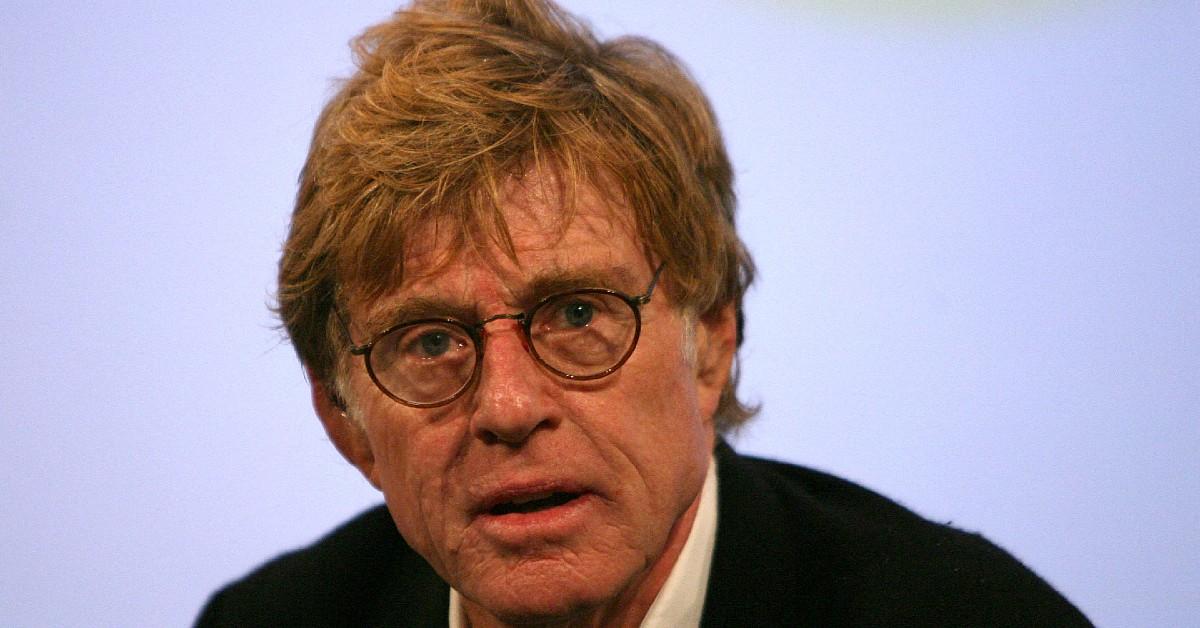
Files on stars ranged from Robert Redford and Barbra Streisand to Michael Jackson.
"Those tapes were never going to be used in court," he said. "They were kept for our own edification."
Surveillance went further. Detectives equipped with night scopes peered into homes, hoping to catch celebrities freebasing cocaine.
Officers at Los Angeles airport logged who flew in and out of the city, sometimes aided by airline staff who gave them computer access.
"Western Airlines employees even trained us to use their system," Rothmiller said.
"We could check flights and passengers at will. Stars were also sometimes harassed in order to get clearer evidence.
"If detectives wanted photographs of a celebrity's companions, they might let the air out of the car tires so they had more time to shoot as the person waited," Rothmiller said.
The files could also reflect prejudice.
Rothmiller recalled how a proposed scam involving Chrysler boss Lee Iacocca was ignored because a captain insisted Iacocca must be complicit simply because of his Italian background.

Celebrities often never knew they were being watched.

"That was the mentality – guilt by surname," he said.
Frank Sinatra's OCID file was among the thickest, stretching back decades and even covering his children Frank Jr and Nancy.
Other dossiers were explicitly aimed at proving sexual rumors about closeted homosexual Hollywood stars.
Celebrities often never knew they were being watched.
Streisand's movements through Los Angeles International Airport were logged in secret, including meetings with agents.
Conversations she held in lounges were recorded, and if Redford's name came up in discussions, that too was noted.
For Rothmiller, the scope of the spying showed a police unit unconstrained by law.
He confessed: "We tapped phones, bugged rooms, trailed people through Las Vegas casinos – all for the simple reason that they were famous."
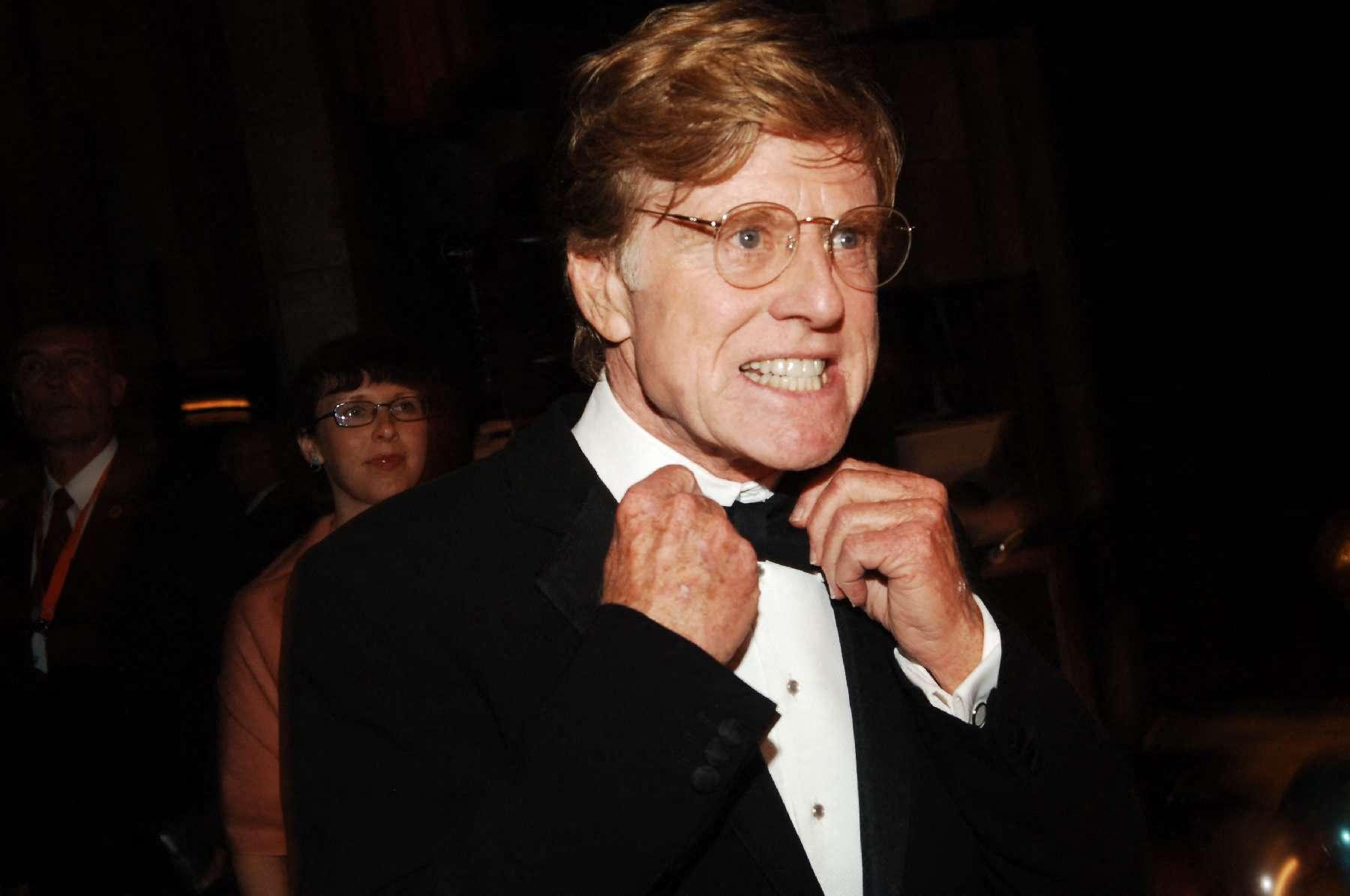
The actor died peacefully at 89.
